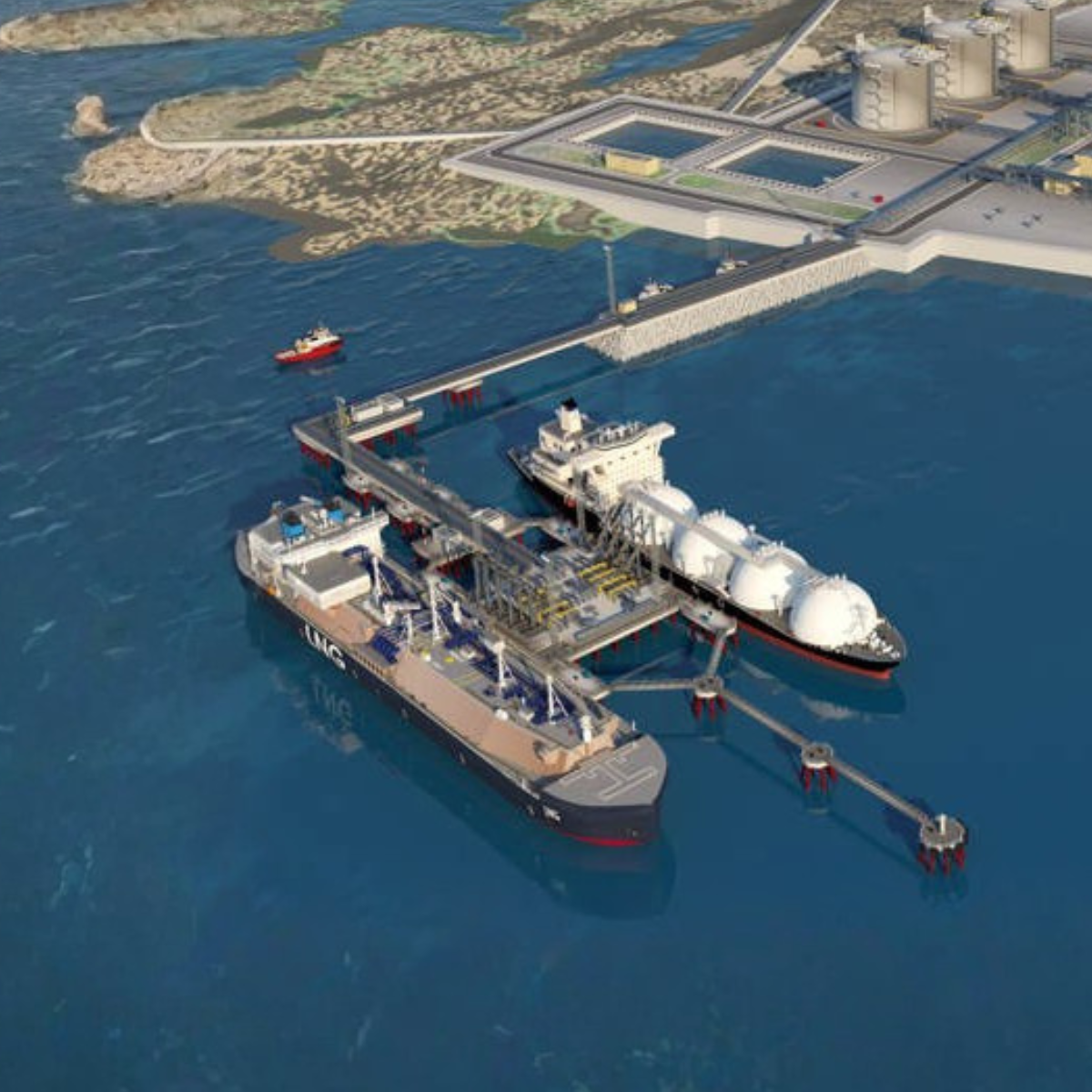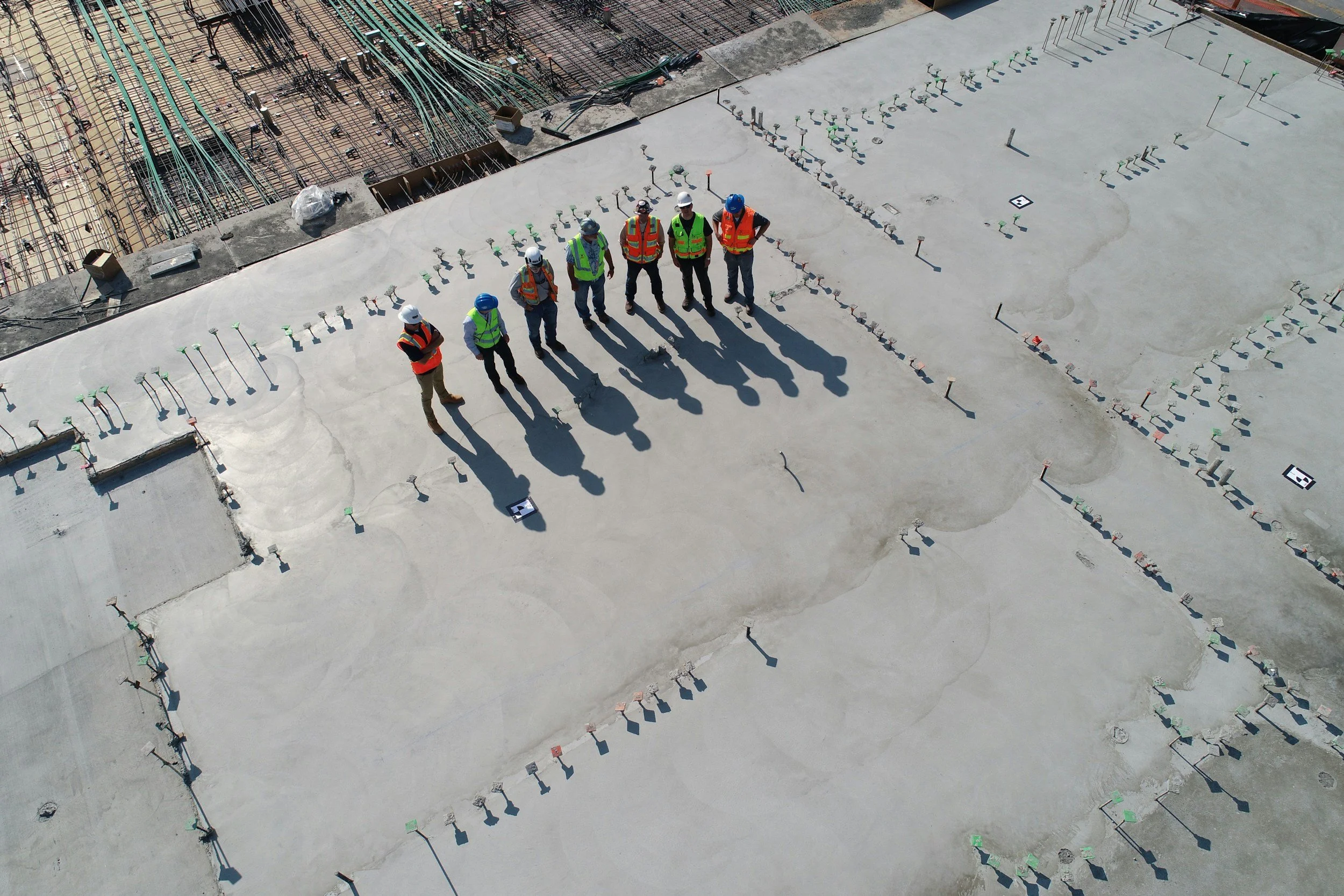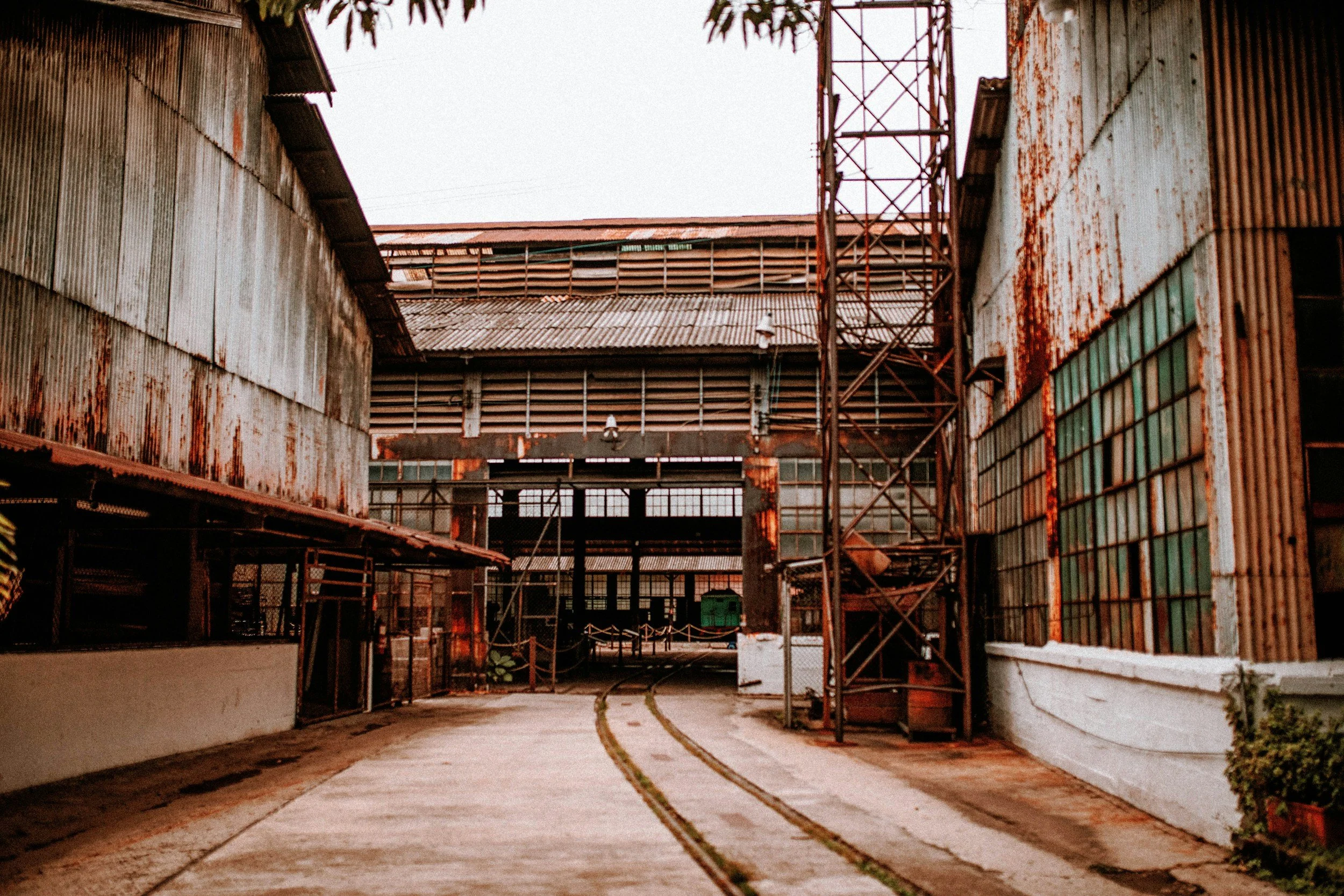What Does a Construction Claims Consultant Do?
Construction projects rarely go exactly to plan. Scope changes, late information, access restrictions, resourcing issues, design development, approvals, interfaces – they all create delay, disruption and cost. That is where a construction claims consultant comes in.
A construction claims consultant prepares or defends claims for the party that engages them. Their job is simple: build a clear, evidenced and commercially-presented claim that stands up to scrutiny. No noise. No essays. No legal theatre. The strongest claims are grounded in facts, records, cause and effect, entitlement and cost.
In today’s market, the best claims consultants combine forensic quantity surveying with delay analysis from the outset. When quantum and delay work together, the claim is aligned, coherent and far harder to challenge.
This article explains what a construction claims consultant actually does, how good claims are built, and how to avoid the common mistakes that lead to claims collapsing at the first pushback.
What is a Construction Claims Consultant?
A construction claims consultant supports a party – contractor, subcontractor, principal, or client – to prepare, assess or respond to a claim. Their role covers:
Identifying entitlement under the contract
Gathering and analysing evidence
Preparing the claim or response
Structuring the narrative (without becoming a lawyer)
Quantifying the cost impact (quantum)
Assessing and demonstrating the time impact (delay analysis)
Supporting negotiation and commercial outcomes
Put simply, claims consultants help you build (or dismantle) a claim with evidence, not emotion.
Why Claims Arise in Construction
Claims are part of modern construction. Projects are more complex, timeframes tighter, documentation less complete, and interfaces wider than ever. Common causes include:
Variations and scope change
Late access or restricted work fronts
Client-driven changes or design development
Delayed approvals and RFIs
Supply chain issues and resourcing constraints
Latent conditions
Rework and quality issues
Prolongation and disruption
Most claims fail not because entitlement is weak, but because the claim is poorly prepared, lacks evidence, or jumps to conclusions without proving cause and effect.
The Core Role of a Claims Consultant in Construction
A strong claims consultant focuses on the basics done well. That means:
1. Establishing Entitlement
The first question is always: is there an entitlement under the contract?
Good claims consulting does not start with the number. It starts with the clause, notice, trigger event and mechanism. If your narrative does not link back to the contract, it’s on shaky ground.
2. Proving What Happened With Evidence
A claim only works if it can be proven. That requires:
Daily records
Timesheets
Site diaries
Drawings and revisions
Emails and instructions
Program updates
Progress photos
Procurement and delivery records
A claims consultant gathers and tests the evidence before drafting a single sentence of the claim.
3. Demonstrating Cause and Effect
This is the step most contractors miss.
It is not enough to say “we were delayed, therefore we want time and cost.” You must show:
The event
The impact of the event
The effect on the planned sequence and productivity
The resulting time and cost impact
This is where a forensic QS and delay expert working together changes everything.
Need help proving cause and effect, not just arguing entitlement?
A forensic approach will transform the strength of your claim.
Forensic QS + Delay Experts: The Most Effective Model
The days of preparing claims in silos are over. A claims consultant who prepares a 60-page narrative first and “gets someone to price it later” is doing it backwards.
The most effective approach is integrated from day one:
Delay Experts / Construction Delay Analysts
Focus: What time impact occurred? What was the critical path effect?
Outcome: Evidence of delay and entitlement to time
Forensic Quantity Surveyor
What did it cost? What extra resources, labour, plant and materials were used?
Accurate, evidenced quantum with a clear link to the delay
When delay and quantum align, your claim lands as a single coherent argument, not two disjointed documents.
What Good Claims Consultants Don’t Do
A high-performing claims consultant avoids the traps that sink most claims. They do not:
Try to be a lawyer
Rely on assumptions or opinions
Submit excessive narrative with no substance
Cut and paste SCL buzzwords without evidence
Submit quantum without demonstrating time entitlement
Argue emotionally
Inflate claims beyond what can be proven
If your claim reads like a legal argument, it will be treated like one – and challenged. If it reads like a forensic investigation backed by evidence, it commands respect.
Skills of an Effective Claims Consultant
A strong claims consultant brings capability across five areas:
1. Contract and Commercial Understanding
They know how entitlement works under common forms of contract. More importantly, they know what actually gets traction commercially.
2. Claims Structuring and Narrative
They build a message that is clear, logical and supported by evidence – not a story, but a forensic explanation.
3. Forensic Analysis
They break down records, sequences, labour, plant, costs and programme impacts to show cause and effect.
4. Delay Analysis Capability
They understand delay analysis methods, including as-planned vs as-built, windows analysis and time impact analysis, and when to use them.
5. Negotiation and Commercial Strategy
The real value is achieving an outcome. A good claims consultant positions the claim for commercial settlement without burning the relationship.
How Claims Consulting Works in Practice
A typical claims consulting engagement follows these steps:
Early Review of Entitlement and Strategy
Evidence Collection and Testing
Delay Analysis to Establish Time Impact
Forensic QS Quantification of Cost
Drafting the Claim (Clear, Structured, Evidence-Led)
Commercial Positioning for Negotiation
Support in Meetings, Mediation or Negotiation
This process works whether you are preparing or defending the claim.
Already in a dispute and need a claim rebuilt properly?
Many claims can be turned around if rebuilt with evidence.
When Should You Involve a Claims Consultant?
The earlier the better. Engage before the claim becomes messy.
Ideal points to bring in a claims consultant:
When change is first anticipated
When access or sequence issues start
When delay becomes visible
When scope or design keeps developing
When commercial tension starts rising
When preparing for negotiation or dispute
Early involvement results in better records, faster preparation, and stronger leverage.
Conclusion - What a Claims Consultant Actually Delivers
A construction claims consultant helps you prepare or defend claims with clarity, evidence and commercial strength. Their role is not to argue or inflate – it is to prove what happened, show the impact, and position the claim for a fair outcome.
The best results come when delay experts and forensic QSs work together from day one. That creates a coherent claim that is harder to challenge and far more likely to settle.
If your current claims approach relies on long narratives, legal tone or emotion, it’s time for a reset. Evidence wins
At Accura Consulting, our team of experts work with clients to create a tailored solution to problems. If you have an issue and want expert support, get in touch.
Back to News and Insights





